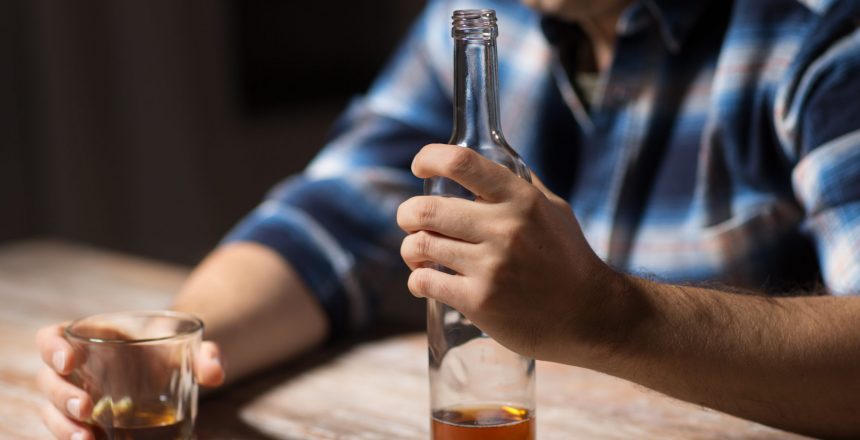When you are ready to stop drinking, the first and safest step towards achieving lasting sobriety is to seek help at an alcohol detox and treatment program. Actively quitting alcohol is essential to improving your physical and emotional health, but it is not a step you should take without help and support. The changes that occur in your body and brain as a result of chronic alcohol abuse do not happen overnight; they take time, and therefore so does achieving lasting sobriety.
Is Alcohol Addictive?
Alcohol is a highly addictive drug. Drinking alcohol, especially regularly and over a long period, changes how the reward system in your brain works. Alcohol abuse also changes how and when your brain produces and releases dopamine. Dopamine is a naturally occurring neurotransmitter responsible for how you experience feelings of pleasure, joy, and energy. Without alcohol, your brain releases dopamine in response to daily activities, including social experiences, physical activities, and parenting. In time, your brain relies on alcohol to feel the same feelings of happiness and joy formerly achieved through your daily interactions.
Long-term alcohol use floods the reward system with far more dopamine than the brain traditionally releases. This leads the brain to reduce the amount of dopamine produced. It also decreases the number of dopamine receptors and increases the number of opioid receptors (the locations in the brain and body influenced by alcohol or drug use). Eventually, these changes result in physical and psychological dependence on alcohol. It also leads to an increasing need for more significant and frequent drinking to avoid alcohol withdrawal symptoms and to experience the emotions typically associated with dopamine release.
Does Alcoholism Cause Withdrawal?
Alcohol is a substance that (almost always) leads to withdrawal symptoms when a person with an alcohol use disorder (alcoholism) tries to stop drinking or even reduce how much they drink. The time it takes for the first alcohol withdrawal symptoms to occur will depend on a few factors unique to your relationship with alcohol, including how long you have been drinking and how much you drink. Another important factor is whether you had completed an alcohol detox and addiction treatment program before and experienced a relapse.
What is Timeline for Alcohol Detox?
Depending on the severity of your alcohol addiction, withdrawal symptoms can begin within a matter of hours after your last drink. For most, the worst symptoms of alcohol withdrawal often subside in a week, but some can last for a year or more. Unfortunately, there is no precise timeline for what symptoms (and at what severity) you will experience or how long they may last. However, general guidelines apply to most people in alcohol detox.
Hours 6-12
During the first six to twelve hours of detox, the initial symptoms of alcohol withdrawal are typically mild but can worsen throughout the day. This is especially true if you have severe or chronic relapsing alcohol use disorder. Early withdrawal signs during this phase include nausea, shaking, headaches, anxiety, and moodiness.
Hours 12-24
During the first 24 hours of alcohol detox, withdrawal symptoms often worsen. In addition to those experienced during the first 12 hours, people also experience disorientation, hand tremors, and seizures.
Day Two of Alcohol Detox
Symptoms from day two of detox are generally similar to day one. Other symptoms that may occur during day two include panic attacks and hallucinations.
Day Three Through One Week
The remaining days of the first week of alcohol detox will be similar to the first 48 hours. Symptoms will come and go, and they will range in severity. It is crucial to remember that the first week of alcohol detox is when you are at the most significant risk for DTs and other severe alcohol withdrawal symptoms.
Beyond Week One
By the end of the first week, most withdrawal symptoms begin to subside, but some minor symptoms may persist for several weeks. Most of the remaining symptoms are usually minor and easily managed. Medically assisted withdrawal programs ensure you can avoid potentially serious complications while helping you manage potentially challenging withdrawal symptoms safely and effectively.
Find an Alcohol Detox Program in Michigan
If you or a loved one are ready to stop drinking, an alcohol detox program in Michigan can help. Liberty House Recovery is a detox center in Michigan that provides comprehensive treatment and inpatient treatment. Contact a member of our admissions team at Liberty House Recovery today and learn about the best luxury drug and alcohol rehab in Michigan.


